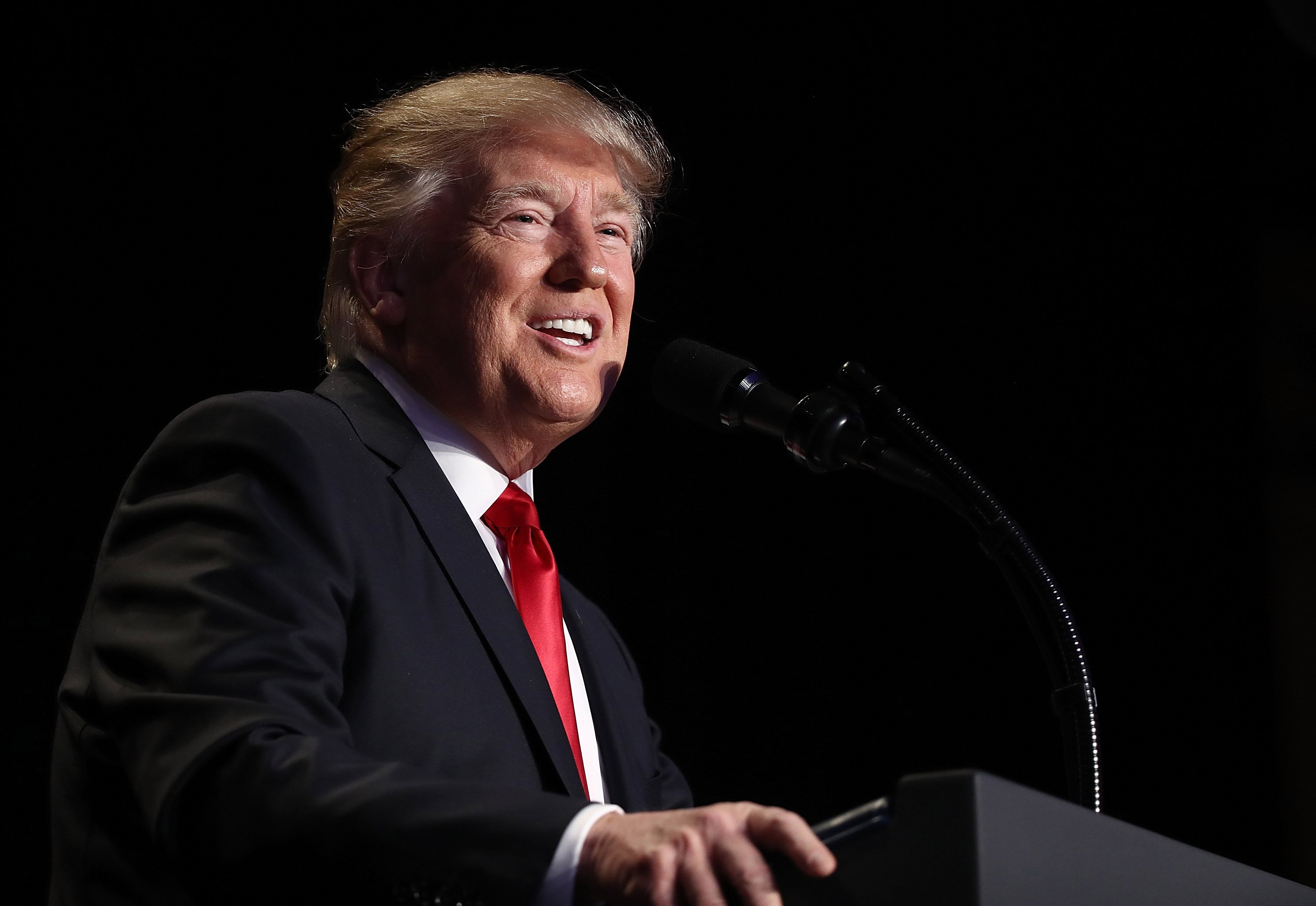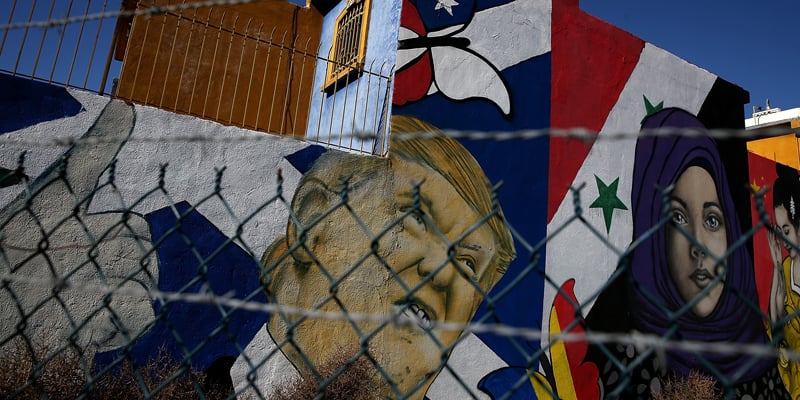…And added three more nations in its place.
It made headlines earlier this year when it was announced, blocked, and then partially reinstated.
And now US President Donald Trump’s controversial travel ban has dominated the news again, after it was extended to include three more countries.
Visitors from North Korea and Chad will be restricted from travelling to the United States from October 18, while those from Somalia, Yemen, Syria, Libya and Iran will still be effectively blocked from entry under the executive order.
Read:
Let’s focus on what Amal Clooney was doing at the UN, not her clothes
Saudi just allowed women into this stadium for the first time ever
Travellers from Venezuela have also been included in the list, though the ban only applies to a group of government officials and their families.
The North African nation of Sudan, however, has been dropped from the list, while citizens of Iraq will be subjected to “additional scrutiny”, the White House revealed.
“As president, I must act to protect the security and interests of the United States and its people,” a statement from Trump said.

The president, who was elected into office last year, also added in a tweet: “Making America safe is my number one priority. We will not admit those into our country we cannot safely vet.”
The original executive order, first revealed in January, blocked nationals of seven Muslim-majority countries from entering the States—even if they had visas already in place.
The nations in question were all part of the MENA region, namely Libya, Somalia, Sudan, Syria, Yemen, Iran and Iraq.
In addition, Trump’s order also prevented immigration by Syrian citizens indefinitely, and also blocks refugee admissions for 120 days.
Read:
Saudi suspends cleric who claimed women have ‘a quarter of a brain’
Sheikh Mohammed helps promote equality at gender balance workshop
After temporarily being halted by federal judges, an amended ban was released in June which no longer included Iraq.
The Supreme Court decided to uphold the executive order for nationals of the affected nations unless they have a genuine relationship with a person or body in the US.
“In practical terms, this means that [the executive order] may not be enforced against foreign nationals who have a credible claim of a bona fide relationship with a person or entity in the United States,” the White House said in a statement, the BBC reported.
“All other foreign nationals are subject to the provisions of [the executive order].”
The ruling also upholds the 120-day ban on refugee claimants who also do not have existing ties with a person or organisation in the States.
However, the Supreme Court decision isn’t permanent, with justices due to meet in October to decide whether the president’s policy should be upheld or struck down.
Images: Getty












